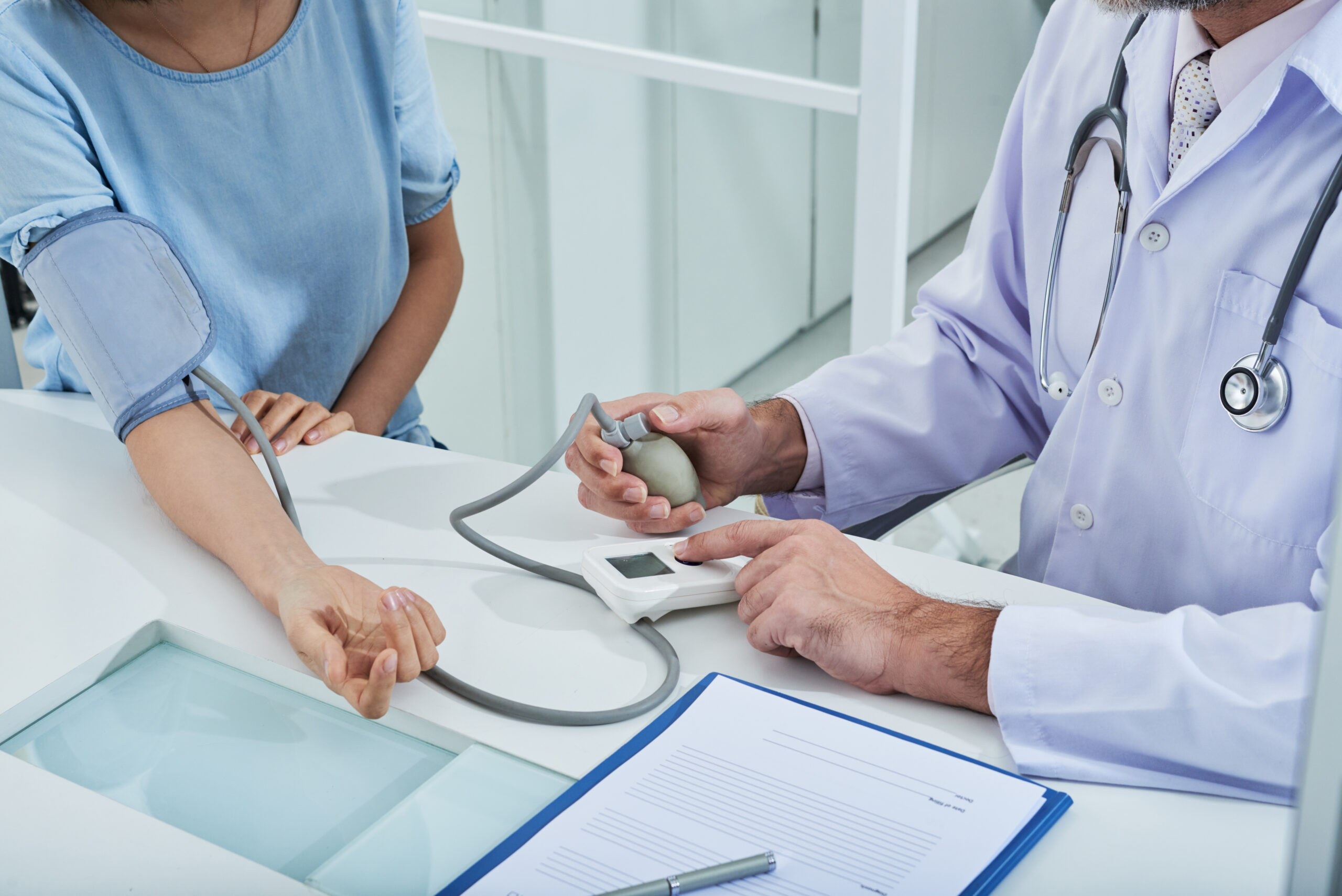Understanding Hypertension: Causes, Risks, and Treatment

Hypertension, or high blood pressure, is a condition that often develops quietly. Many people don’t notice it until serious complications occur, which is why it’s known as the “silent killer.” Understanding hypertension and taking early action is vital for keeping your heart and overall health in check.
What is Hypertension?
Hypertension occurs when the force of blood against your artery walls remains consistently high. Normal blood pressure is around 120/80 mmHg, while readings above 130/80 mmHg usually indicate high blood pressure.
There are two main types. Primary or essential hypertension develops gradually without a specific cause, while secondary hypertension is triggered by an underlying medical condition such as kidney disease or hormonal disorders.
Causes of Hypertension
High blood pressure can stem from a mix of lifestyle habits, genetics, and medical conditions. A diet high in salt or processed foods, lack of exercise, obesity, smoking, and excessive alcohol consumption all increase risk. Family history also plays a role—if your parents or siblings have hypertension, your likelihood is higher. Additionally, medical conditions like diabetes, kidney issues, or hormonal imbalances can contribute. Age and gender influence risk too, with men being more prone at younger ages and women seeing higher risk after menopause.
Risks and Complications
Unchecked hypertension can strain your heart, brain, and other organs. It raises the chance of heart attacks, heart failure, and enlargement of the heart muscle. It can also trigger strokes, cognitive decline, kidney damage, and even eye complications. Regular monitoring is crucial because many of these complications develop silently over time.
Symptoms of Hypertension
The sneaky part about hypertension is that it often shows no early symptoms. When signs do appear, people might notice headaches, dizziness, shortness of breath, or occasional nosebleeds. Because these signals are not always obvious, routine blood pressure checks are essential for detection.
Diagnosis and Monitoring
Doctors typically measure blood pressure in a clinic using a monitor, but home tracking is increasingly popular. Consistently checking your readings at home helps you spot trends and alerts your doctor to any concerning changes. Pairing home monitoring with regular health check-ups gives the clearest picture of your cardiovascular health.
Treatment Options
Managing hypertension often involves a combination of lifestyle changes and, when necessary, medication. Eating a heart-healthy diet rich in fruits, vegetables, and low-fat dairy can help lower blood pressure naturally. Staying active, managing stress, limiting alcohol, and quitting smoking further reduce risk. When lifestyle adjustments aren’t enough, medications such as diuretics, ACE inhibitors, beta-blockers, or calcium channel blockers may be prescribed. Adhering to treatment is critical for controlling hypertension and preventing complications.
Prevention Tips
Preventing high blood pressure is largely about maintaining healthy habits. A balanced diet, regular exercise, limited salt and sugar intake, effective stress management, and routine screenings can all make a significant difference. Even small lifestyle changes can have a lasting impact on your heart health.
Conclusion
Hypertension may be silent, but its effects are far-reaching. Understanding the causes, risks, and treatment options is essential for maintaining a healthy heart. Monitoring your blood pressure, adopting healthy habits, and following medical advice can help keep complications at bay.
Don’t wait for problems to appear—schedule a consultation with a cardiologist at Central Hospital Sharjah to take control of your heart health today.

Leave a Reply